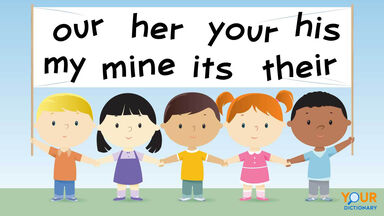Bold Definition
(obsolete) A dwelling; habitation; building.
- to be so bold as; dare
he made so bold as to ask for his money back
Other Word Forms of Bold
Adjective
Idioms, Phrasal Verbs Related to Bold
- make so bold as
Origin of Bold
-
From Middle English bold, bald, beald, from Old English bald, beald (“bold, brave, confident, strong, of good courage, presumptuous, impudent”), from Proto-Germanic *balþaz (“strong, bold”), from Proto-Indo-European *bhel-, *bhlē- (“to bloat, swell, bubble”). Cognate with Dutch boud (“bold, courageous, fearless”), Middle High German balt (“bold”) (whence German bald (“soon”)), Swedish båld (“bold, dauntless”). Perhaps related to Albanian ballë (“forehead”) and Old Prussian balo (“forehead”). For semantic development compare Italian affrontare (“to face, to deal with”), sfrontato (“bold,daring”), both from Latin frons (“forehead”).
From Wiktionary
-
From Middle English bold, from Old English bold, blod, bolt, botl (“house, dwelling-place, mansion, hall, castle, temple”), from Proto-Germanic *budlą, *buþlą (“house, dwelling”), from Proto-Indo-European *bheu-, *bhū- (“to grow, wax, swell, live, dwell”). Cognate with Old Frisian bold (“house”) (whence North Frisian bol, boel, bøl (“house”)), North Frisian bodel, budel (“property, inheritance”), Middle Low German būdel (“property, real estate”). Related to build.
From Wiktionary
-
Middle English from Old English bald bhel-2 in Indo-European roots
From American Heritage Dictionary of the English Language, 5th Edition
Find Similar Words
Find similar words to bold using the buttons below.





